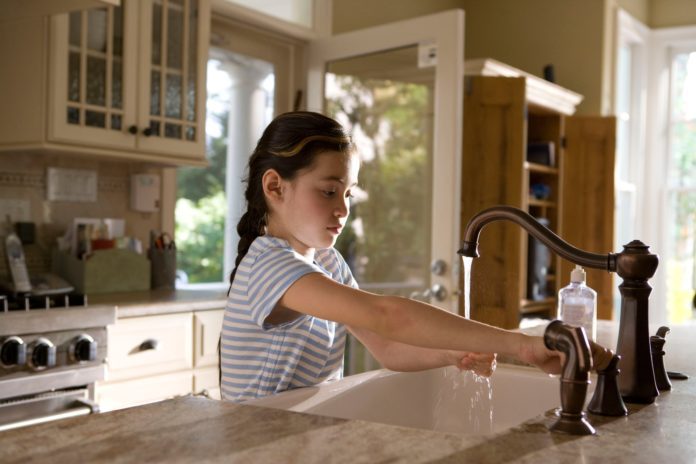Personal hygiene refers to those habits we must inculcate to look after our body and keep it clean. Such practices ensure we stay healthy. Unclean body parts promote the growth of germs and cause illnesses that manifest as skin rashes, foul odor, and infections.
The body functions to its optimum when it is clean and healthy. However, the perception of cleanliness differs significantly from one person to another.
There are some basic pointers to help one get started on this journey of knowing more about personal health and hygiene and the advantages of practicing it. So, read ahead to find out what these benefits are.
Types of Personal Hygiene
Personal hygiene is very peculiar to each person – meaning the idea of everyday hygiene depends largely on individuals, their culture, and the place they live in. Generally speaking, most cultures expect you to clean yourself thoroughly at least once a day and keep yourself presentable to be considered socially acceptable. On the other hand, persons who neglect personal hygiene tend to be considered as social outcasts and risk getting isolated.
As you scroll through this section, you will get a grasp of the different habits involved in personal hygiene and how to practice each. Long-term habits, once reinforced, improve your health status significantly. So, stick on and give this post a quick read.
Oral Hygiene

- Brush your teeth thoroughly at least twice a day – once, soon after you wake up and once, right before bed.
- Floss between your teeth at least once daily to remove food trapped between tooth surfaces and to maintain your gum health in the long run.
- Teeth are not the only structures in your mouth that need cleaning. So, do not ignore the rest. Use a mouthwash to reduce harmful bacteria living in your mouth and also to freshen the breath.
- Change your toothbrush every one and a half months.
Toilet Hygiene
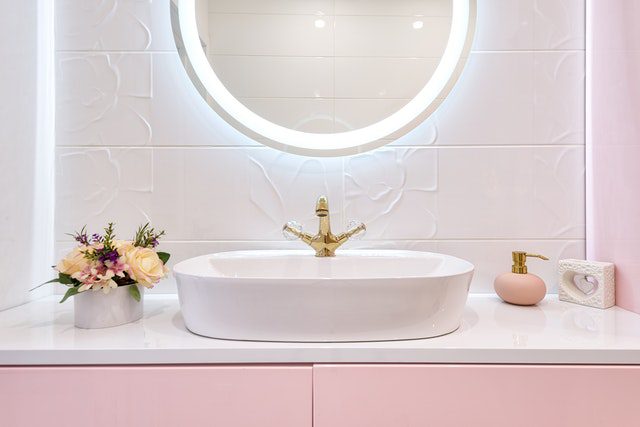
- Flush the toilet after every use. Also, ensure you close the lid before flushing to avoid the germs from spraying all over.
- Leave the toilet seat clean for the next user.
- Do not use the toilet to dispose of sanitary waste such as toilet paper, sanitary pads, wrappers, and used condoms. They are to be disposed of only in the bin.
- Wash your hands thoroughly with soap and water after using the restroom. If you are out of doors and do not have access to soap or water, use an alcohol-based sanitizer to cleanse thoroughly.
Shower Hygiene
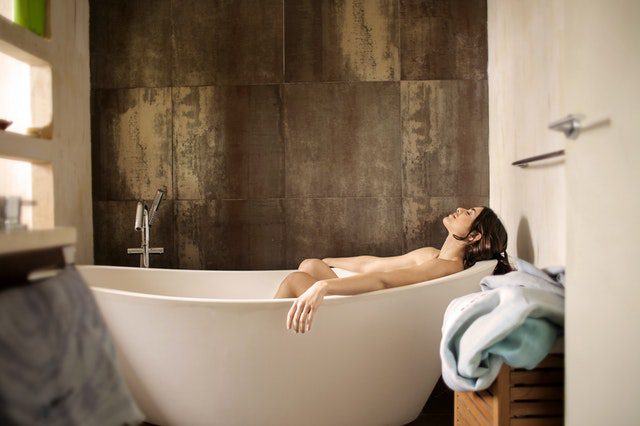
- The frequency of showering is a rather personal choice, but once a day is a good start.
- A shower is a must after playing any outdoor sport.
- Use a bathing soap to wash germs and oils away.
- Preferably, choose the soap according to the season. An antibacterial or cooling menthol soap for summer and a moisturizing soap for winter usually works wonders.
- Wash your hair once or twice a week, again depending on the weather and oiliness of the scalp.
Nail Hygiene
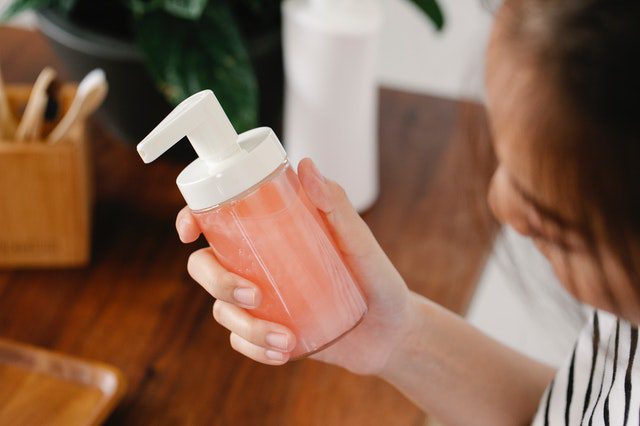
- Keep your nails trimmed and groomed to prevent dirt build-up.
- Shape them using a buff after trimming to prevent sharp edges and in-grown nails.
- After a shower is the best time to trim your nails as they get soft and pliable.
- Nail cutting and shaping are best done every two weeks for most of us.
Hand Hygiene
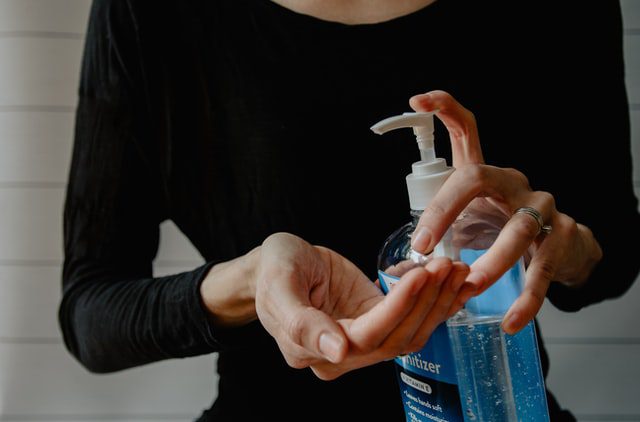
- Wash your hands after using the restroom, before handling food, after touching pets, and after taking out the trash.
- Scrub thoroughly between the fingers, in the nail area, and the back of the hands as well.
- Ensure you are scrubbing with soap for at least 20 seconds.
- You can ask kids to sing the Happy Birthday song twice while hand washing, as it takes approximately 20 seconds!
How to ensure Personal Hygiene in the post-pandemic era?
Over the years, our hygiene habits have been evolving to fit the demands of our hectic lifestyles. Thankfully, even in an uncertain world, the fundamentals remain constant. For instance, sickness hygiene routines are the same irrespective of the type of illness. If you are unsure how to practice appropriate hygiene in this pandemic-stricken era, below are the ways to ensure meticulous sickness hygiene.
- Cover your mouth when you cough or sneeze. Also, it helps to turn away from people or food to prevent spreading the disease.
- Wash your hands when you sneeze.
- Throw away soiled tissues right away.
- Do not share utensils such as plates, spoons, and tumblers when sick. That is one of the fastest ways the disease spreads within the household.
- Wipe down commonly handled surfaces such as doorknobs, fridge handles, car steering, phone screens, and keyboards with disinfecting wipes.
Benefits of practicing Personal Hygiene
Here are the top benefits of employing good hygiene practices in your everyday life:
- One of the foremost purposes of maintaining personal hygiene is to remove the harmful germs on our skin’s surface, from where they can enter the body openings and cause serious illnesses. Ensuring proper hygiene takes care of nearly two-thirds of the common health issues.
- Practicing good hygiene habits gives you a good appearance and keeps you socially accepted. A well-groomed man is considered an elegant man.
- A hot bath or shower offers personal relaxation as your muscles tend to relax, and skin health is significantly improved too.
- Maintaining good hygiene keeps you from having body odor issues and skin rashes as well as infections.
- Being well maintained and well-groomed boosts self-confidence. You feel good when you look good – it’s that simple.
Final thoughts on Personal Hygiene
As much as we develop into a progressive society, the global health crisis has made us realize the value of staying rooted. Our culture has always emphasized physical cleanliness in different facets, and as they say, ‘Going back to the basics only strengthens our foundation.’
Cleanliness and hygiene never go out of style. If we, as a generation, want to rise to greater heights, it is impossible to do so without staying grounded. What better way than to ensure the health and well-being of ourselves and promote the same for those around us.

